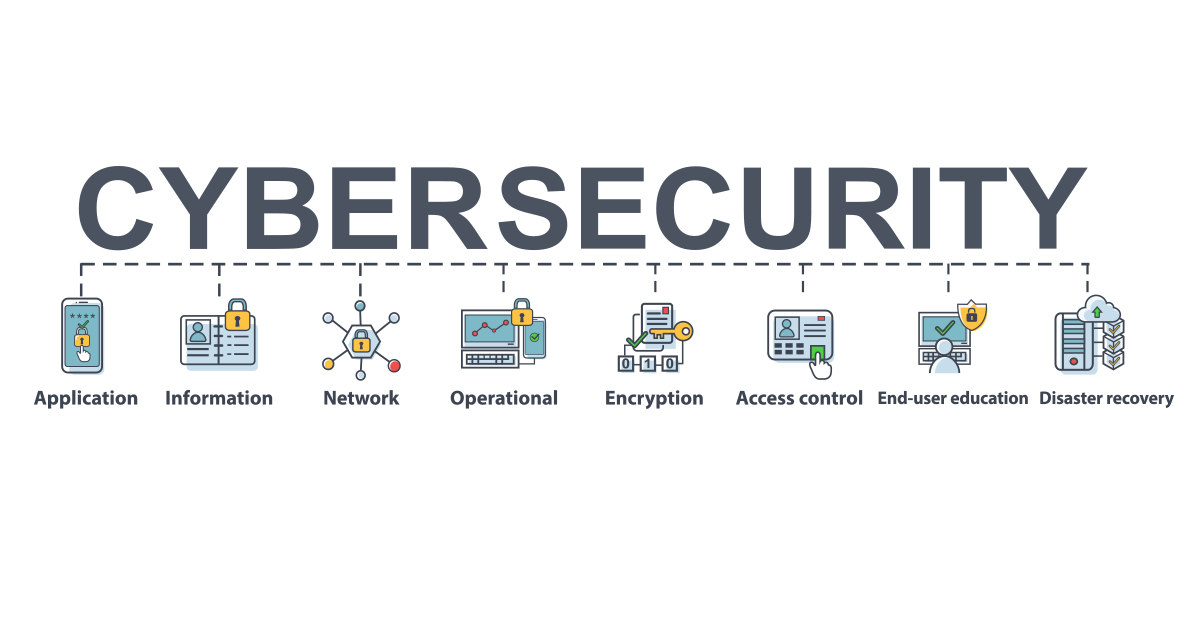
1. Data breaches: Fintech companies handle sensitive economic details, making them a prime target for cybercriminals. A solitary information breach can jeopardize countless users' individual and financial data, resulting in serious repercussions.
2. Repayment scams: Fraudsters use sophisticated techniques to control repayment systems, triggering monetary losses for both customers and companies. Avoiding payment fraud calls for innovative protection actions and continuous tracking.
3. Compliance: Fintech companies must adhere to different economic laws, such as GDPR, PCI-DSS, and AML/KYC. Ensuring compliance can be a complicated and time-consuming process, but failure to do so can result in hefty penalties and reputational damages.
4. Insufficient safety and security measures: Fintech companies often focus on rate and innovation over security, leading to poor security against cyber risks. This can expose users' information and economic information to significant dangers.
Fintech software program growth need to address these cybersecurity tests to safeguard users' interests and preserve public count on. }
The economic innovation sector is undertaking a considerable transformation, introducing unique strategies to handling funds. However, the fast evolution comes up with fresh obstacles, specifically in the world of cybersecurity. These challenges position problems concerning the reliability and safety and security of monetary systems and might undermine your online reputation as a credible fintech company. Learn more at
In this blog post, we're checking out the 4 cybersecurity threats faced by the fintech sector and suggest techniques on exactly how to minimize them.
"Cybersecurity Threats Evolve"
Malware assault is a catch-all term for any kind of type of harmful software program designed to damage a computer or server of a individual. Cyberattackers produce and spread out malware software program for various factors. The most regular function is to take personal, economic, or company information.
Ransomware kind of malware assaults continues to be the most preferred sort of cyber threats. In 2023, 72% of businesses were hit by a ransomware attack, according to Statista's record. Exactly how do you keep safeguarded? Right here are a few of the methods:
Make certain to on a regular basis update your computer system and software program, utilize a credible antivirus program, and stay clear of clicking on web links from strange resources.
On the one hand, the fast adoption of arising innovations such as blockchain, artificial intelligence (AI), and IoT ( Web of Things) opens new perspectives to fintech. On the other hand, it brings brand-new safety concerns to the table. For instance, AI-powered systems can be made use of to find vulnerabilities in networks and systems. IoT assaults target Internet of Points systems-- objects installed with software program that enables them to collect and save data. While the risk of IoT strikes can be decreased by selecting secure tools, AI-powered assaults demand a much more intricate technique:
Implement a multi-faceted safety and security strategy;
Offer routine training for staff members on security ideal practices;
Utilize advanced AI-powered security solutions to enhance defense versus insider dangers.
An expert danger is the one originating from within a fintech ( repayment systems, neobanks, and so on) organization. As usual, the "sources" of risk are employees or professionals who have authorized access to sensitive information or systems. Insider hazards been available in 2 forms-- deliberate-- when the delicate information is stolen and offered deliberately and inadvertently-- accidental direct exposure of exclusive info that triggers harm to an organization. Several of the very best approaches to mitigate insider hazards include the following:
Conducting a testimonial of your group's access civil liberties;
Establishing guidelines for password protection;
Supplying training to your team on staying clear of phishing assaults.
External Expert
Numerous fintech firms depend cybersecurity engineer on third-party carriers for services like payment handling or data storage. Such dependence on exterior vendors in fintech software growth can introduce numerous methods for cyberattacks. Fintech business should perform complete due diligence on third-party vendors they cooperate with, including background checks and safety and security evaluations, to guarantee they have limited safety actions in position.
To conclude, while the fintech industry is gaining globally fostering, hackers never rest, making cybersecurity a leading difficulty in fintech software growth.
S-PRO, a forward-thinking software growth firm, focuses on the integration of sophisticated safety and security solutions in its fintech jobs to protect the passions of both its clients and end-users, providing them with superior protection against cyber attacks.
Comments on “The 5-Second Trick For cybersecurity entry level jobs”